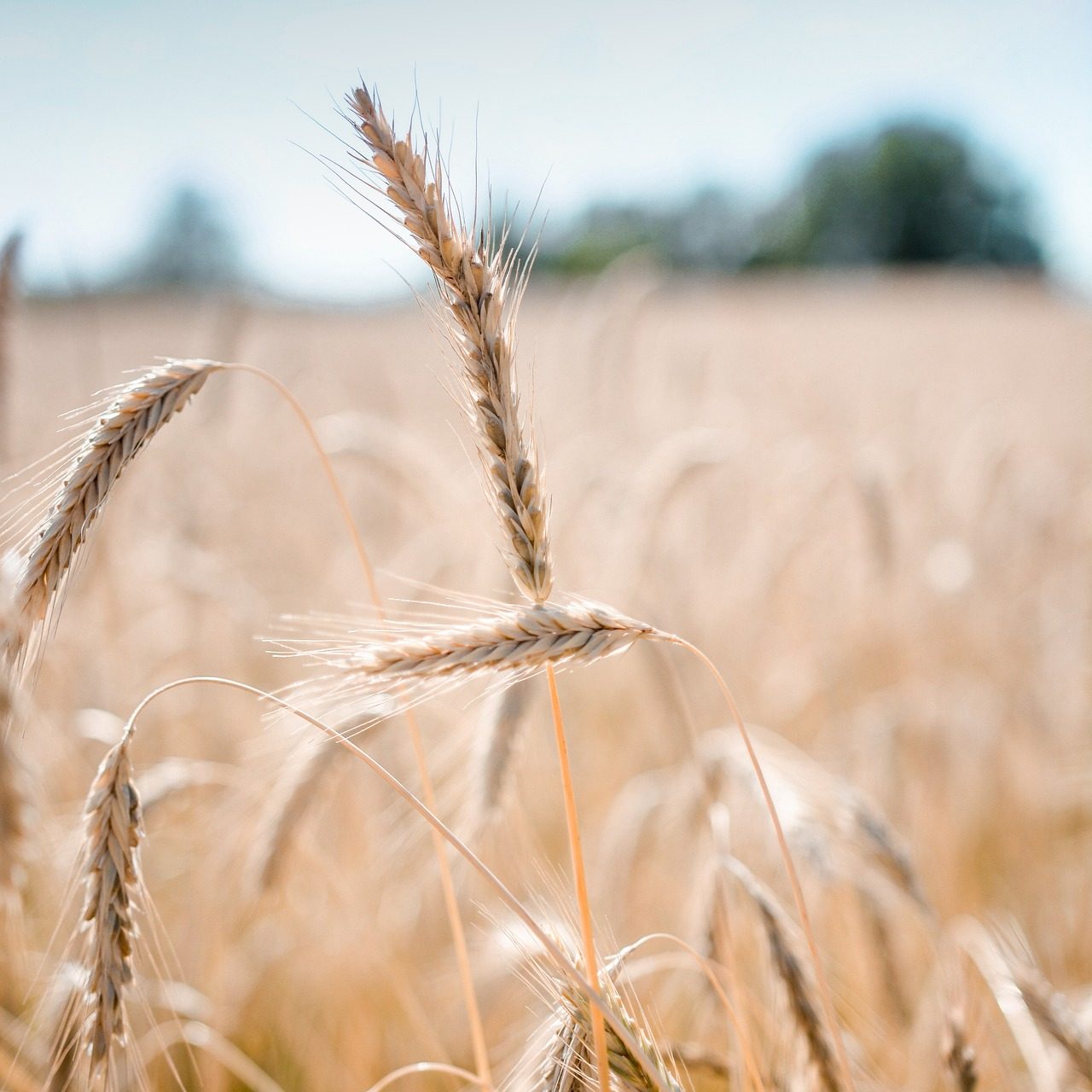International Climate Change Solutions Zrt.
What can we do against climate change in terms of agriculture?

Agriculture accounts for 24% of Europe’s greenhouse gas emissions, which is mainly due to the intensive, industrial agriculture used in recent decades, as well as the increase in animal husbandry. However, there is a new approach available to farmers. Regenerative farming returns barren land back to nature, boosts natural diversity and stores planet-destroying CO2, using the soil as a carbon sink.
In addition to creating forests and restoring wetlands, carbon can be sequestered in pastures and fields, while halting the loss of natural diversity, which is essential for projects such as pollinator conservation.
At the same time regenerative farming plays a role in allowing producers to increasingly detach themselves from older state support systems, which do not focus on environmental protection and CO2 emission reduction, and move away from industrial farming.
ICCS is a Hungarian agricultural consulting company that provides assistance in the production, control and sale of carbon dioxide emission units generated by farmers switching to more regenerative forms of farming.
International Climate Change Solutions Zrt.
What can we do against climate change in terms of agriculture?
Agriculture accounts for 24% of Europe’s greenhouse gas emissions, which is mainly due to the intensive, industrial agriculture used in recent decades, as well as the increase in animal husbandry. However, there is a new approach available to farmers. Regenerative farming returns barren land back to nature, boosts natural diversity and stores planet-destroying CO2, using the soil as a carbon sink.
In addition to creating forests and restoring wetlands, carbon can be sequestered in pastures and fields, while halting the loss of natural diversity, which is essential for projects such as pollinator conservation.
At the same time regenerative farming plays a role in allowing producers to increasingly detach themselves from older state support systems, which do not focus on environmental protection and CO2 emission reduction, and move away from industrial farming.
ICCS is a Hungarian agricultural consulting company that provides assistance in the production, control and sale of carbon dioxide emission units generated by farmers switching to more regenerative forms of farming.

The modules are a great resource for those taking the first steps in starting and maintaining a carbon sequestration project. The templates also help landowners assess how low-carbon farming can support wider business objectives.
Domestic agriculture based on soil and production information, which lays the foundations for future land use and takes into account the expected effects of climate change, is vital for the stability of supply chains resistant to the climate crisis and the ability to plan the distribution of agricultural production/subsidies.
What can we do for agriculture?

The modules are a great resource for those taking the first steps in starting and maintaining a carbon sequestration project. The templates also help landowners assess how low-carbon farming can support wider business objectives.
Domestic agriculture based on soil and production information, which lays the foundations for future land use and takes into account the expected effects of climate change, is vital for the stability of supply chains resistant to the climate crisis and the ability to plan the distribution of agricultural production/subsidies.
What can we do for agriculture?

What can we do for agriculture?
The modules are a great resource for those taking the first steps in starting and maintaining a carbon sequestration project. The templates also help landowners assess how low-carbon farming can support wider business objectives.
Domestic agriculture based on soil and production information, which lays the foundations for future land use and takes into account the expected effects of climate change, is vital for the stability of supply chains resistant to the climate crisis and the ability to plan the distribution of agricultural production/subsidies.

